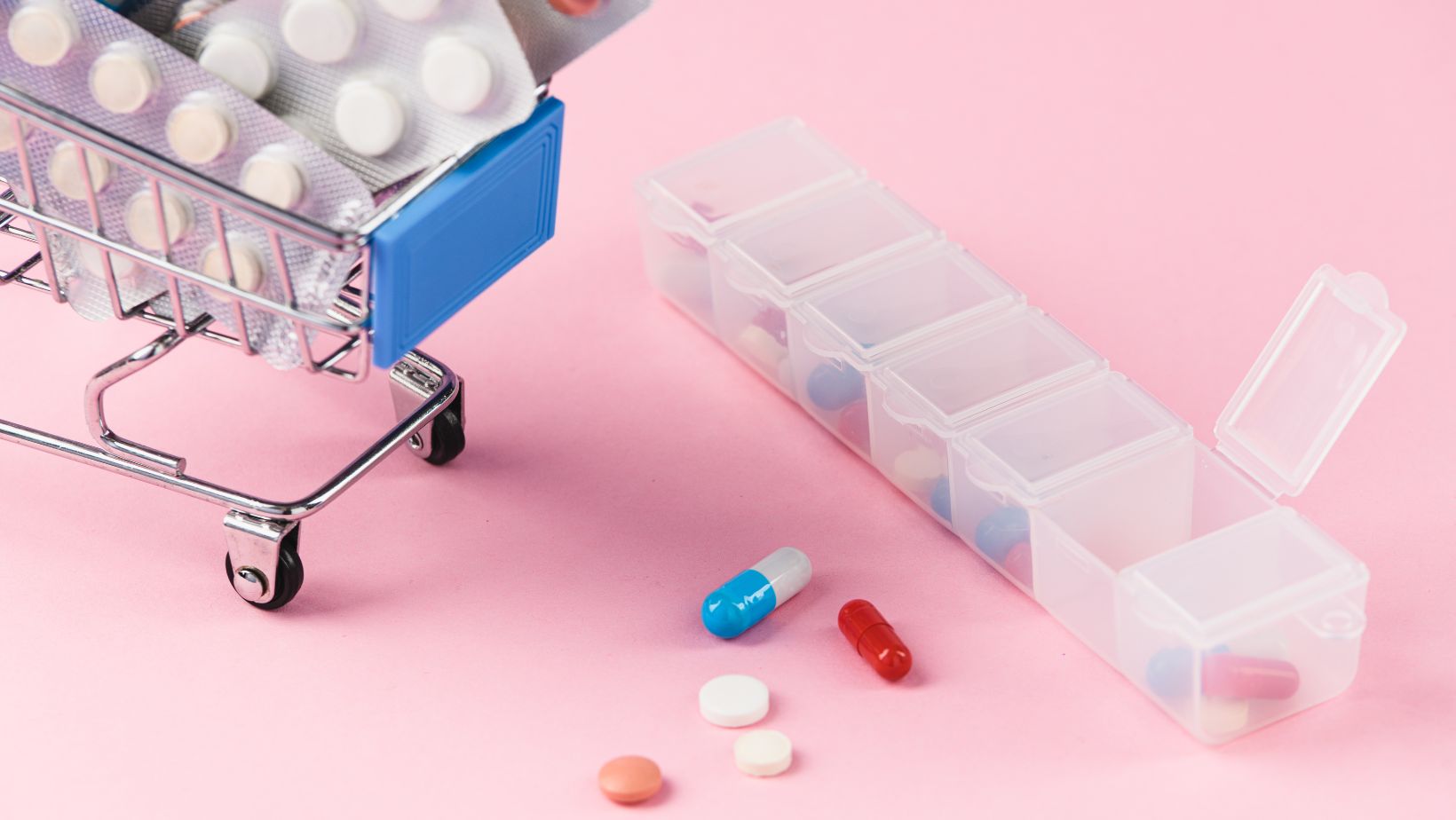
Wondering if it’s safe to take Pepto and Imodium together? Many people need relief from multiple digestive symptoms but aren’t sure if combining these two medications is the right move. Let me shed some light on this topic and provide the necessary information.
Pepto-Bismol (or simply “Pepto”) is an over-the-counter medication commonly used to treat upset stomach, heartburn, indigestion, nausea, and diarrhea. On the other hand, Imodium (loperamide) is primarily used to relieve diarrhea symptoms by slowing down bowel movements. Both medications work differently and can be effective in managing specific digestive issues.
Let’s get to the question: Can you take Pepto and Imodium together? The answer is generally yes. Many healthcare professionals may recommend using them simultaneously for certain circumstances. When experiencing severe diarrhea accompanied by abdominal discomfort or cramping, taking both Pepto and Imodium can help alleviate symptoms more effectively.
However, consulting your doctor or pharmacist before combining any medications is crucial. They will consider factors such as your medical history, current medications, and specific symptoms to determine the appropriate dosage and timing for taking Pepto and Imodium together.
Remember that while these medications can temporarily relieve digestive issues, addressing underlying causes if symptoms persist or worsen over time is essential. If you have ongoing or chronic gastrointestinal problems, seeking medical advice should be a priority.
When used under proper guidance from a healthcare professional or pharmacist, it is generally safe to take Pepto-Bismol (Pepto) and Imodium together for managing short-term digestive issues like diarrhea with accompanying symptoms. However, always consult a healthcare professional before combining any medications to ensure safety and effectiveness tailored to your needs.

Can You Take Pepto And Imodium
When managing digestive issues, many people wonder if they can take Pepto and Imodium together. Pepto-Bismol (bismuth subsalicylate) and Imodium (loperamide) are over-the-counter medications commonly used to treat different gastrointestinal symptoms. However, it’s important to understand the potential risks and benefits before combining them.
- Pepto-Bismol: This pink liquid is known for its soothing properties in relieving heartburn, upset stomach, nausea, indigestion, and diarrhea. It works by coating the lining of the stomach and reducing inflammation.
- Imodium: On the other hand, Imodium is specifically designed to address diarrhea by slowing down bowel movements. It helps alleviate symptoms such as loose stools and frequent trips to the bathroom.
So, what happens when you take these two medications together? While there isn’t a direct interaction between Pepto-Bismol and Imodium reported by medical professionals or studies, using them simultaneously may not be necessary or recommended.
Here are some key points to consider:
- Redundancy: Both Pepto-Bismol and Imodium target similar symptoms – diarrhea relief. Using both medications at once may lead to redundant treatment without providing any additional benefit.
- Masking underlying conditions: Diarrhea can sometimes be a symptom of an underlying condition that needs medical attention. Taking multiple medications might mask these symptoms, making it difficult for healthcare providers to diagnose the root cause of your digestive issue accurately.
- Potential side effects: Each medication has its own set of potential side effects. Combining them could increase the risk of experiencing unwanted reactions such as constipation or abdominal discomfort.
It’s important to note that while Pepto-Bismol and Imodium can relieve certain gastrointestinal issues, they are not intended as long-term solutions. If symptoms persist or worsen, it is recommended to seek further medical evaluation.
Final Thoughts
It’s always best practice to consult with a healthcare professional before combining any medications or starting a new treatment regimen. They will have the expertise to evaluate your situation and provide personalized advice.
While there is no known direct interaction between Pepto-Bismol and Imodium, avoiding taking them together is generally recommended unless a healthcare professional advises.










